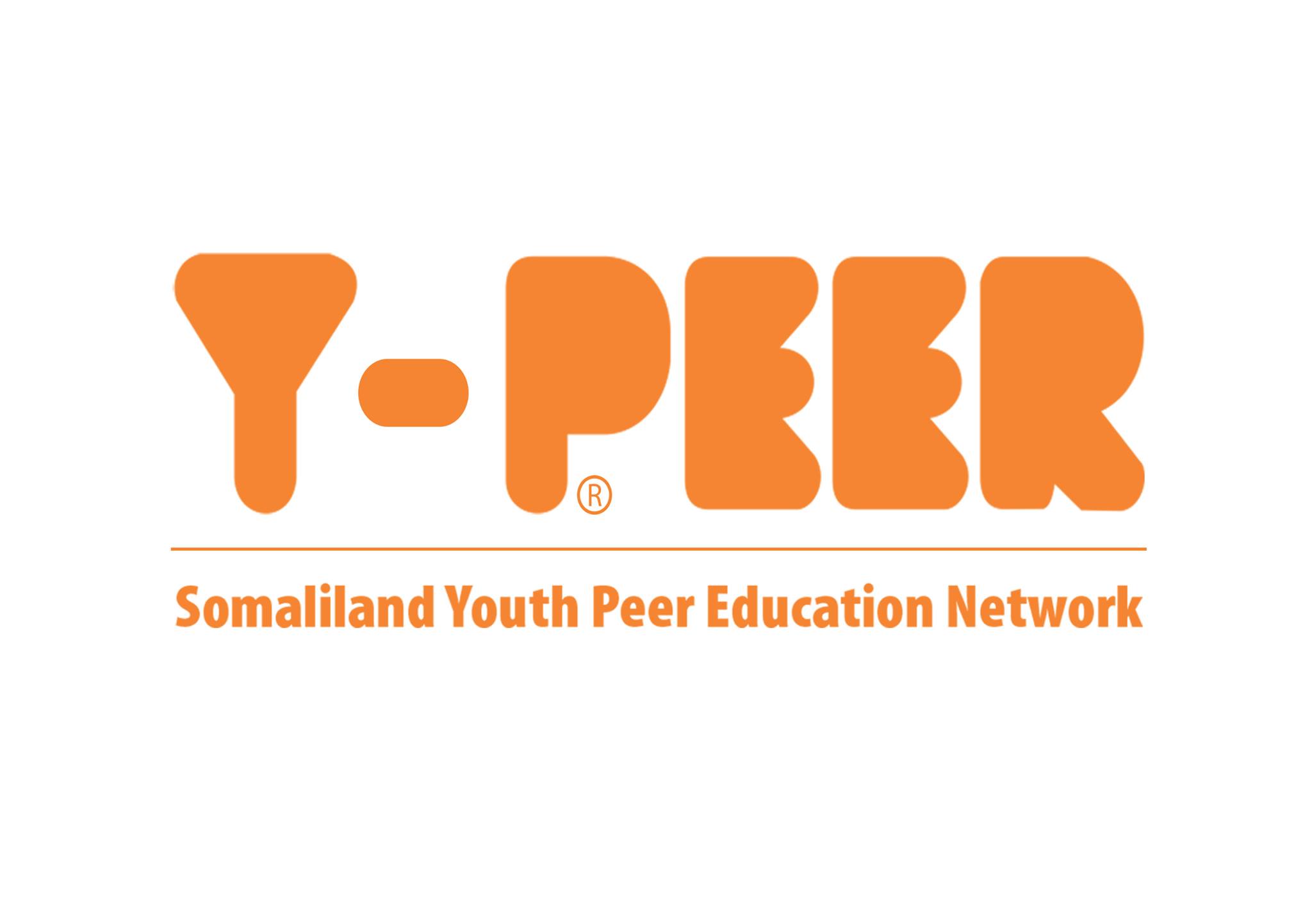- Baseline/feasibility Study Summary
|
Project Name |
Mustaqbaldoon II Project |
|
Target Location |
Hargeisa, Somaliland |
|
Project Goal |
The goals of the project, Mustaqbaldoon II aligned well not only with Finland’s country strategy for Somaliland but also Somaliland national development frameworks such as Somaliland National Development plan, NPD III. Therefore, the projects focused on the following two strategic goals; advancing inclusive development in social sectors through the youth work and supporting gender equality and the realization of women’s and girl’s rights, as at least half of the participation in the project are female. Furthermore, the project will strongly contribute to the cross-cutting issues such as the rights of women, girls, youth, minorities, and marginalized groups. |
|
Project Outcomes |
· The capacity and role of the civil society actors has strengthened.
· Businesses operate more sustainably, and businesses and other employers employ more inclusively. · Services provided by local authorities and other service providers to marginalized youth and minorities are more inclusive, functional and of good quality. · Participation and agency of the minorities and marginalized youth is increased in local communities and societies |
|
Direct beneficiaries |
Targeted beneficiaries of the project are 980 individuals in total from 2023-2025. These beneficiaries are from the following sectors:
· Local NGO, administration, and private sector representatives 100 · Youth (15-35yeas old) in vulnerable positions 840 · Youth with disabilities 84 (minimum 10% of the total beneficiaries) · Girls/young females 420 |
|
Key partners |
· Government line ministries
· Civil Society Organizations · Private Sectors |
| Project lifespan | 3 years (2023-2025) |
| Supported by | Finland Ministry of Foreign Affairs through Deaconess Foundation |
| Purpose of the Baseline/feasibility study | The purpose of the baseline/feasibility is to assist Y-PEER in building paths to employment and entrepreneurship through classroom and on-job trainings. Special focus will be paid to vulnerable groups, including minorities and People with Disabilities (PwDs) and the barriers preventing their employment |
|
Primary Methods |
§ Quantitative survey
§ Qualitative interviews with key partners § Document review, including relevant secondary data |
| Baseline/feasibility study’s date to start and date to end | From April 17 –May 17, 2023 |
| Anticipated Baseline/feasibility’s study report to release | Feasibility study report will be released 25, May, 2023 |
- Description of the Project
The aim of the project is to strengthen the realization of basic human rights and employment within the target groups as well as to develop and support a professional youth work done with marginalized youth. As the previous project, Mustaqbaldoon II continues to focus on supporting processes the youth need to learn out of their unhealthy coping strategies and to learn new, positive survival strategies. These strategies enable the youth to be successful employees and manage their own lives independently.
The project will also continue to develop the model of on-job learning so that it targets to employment or entrepreneurship. Mustaqbaldoon II is focusing on youth from IDPs, PwDs, single mothers, and if possible, homeless people and prisoners in and outside Hargeisa. DF and its partner organization Somaliland Y-PEER continue mutual capacity sharing. A feasibility study will be conducted in the beginning of the project to map potential target groups and the best possibilities to support them through the project.
Main Outcomes of the projects:
- The capacity and role of the civil society actors has strengthened.
- Businesses operate more sustainably, and businesses and other employers employ more inclusively
- Services provided by local authorities and other service providers to marginalized youth and minorities are more inclusive, functional and of good quality.
- Participation and agency of the minorities and marginalized youth is increased in local communities and societies.
- Description of the baseline/feasibility study
A feasibility study will be conducted by Somaliland Y-PEER in collaboration with Ministry of Employment, Social Affairs and Family. The study will concentrate on business’ readiness to employ youth as well as to small businesses in Hargeisa. The study will introduce strategies for building paths to employment and entrepreneurship through to identifying the training skills and knowledge needed. In addition, the study will figure out the demands and opportunities of the current job markets. The feasibility study will assist Y-PEER in building paths to employment and entrepreneurship through classroom and on-job trainings. Special focus will be paid to vulnerable groups, including minorities and PwDs and the barriers preventing their employment.
After the baseline feasibility study, Somaliland Y-PEER will organize multi-stakeholder, matchmaking and networking events/forums with the private sector, NGOs, public sector, and other stakeholders to share the results. The target is that by the end of 2025, 20 businesses have employed marginalized youth. 20 businesses will be targeted to have employed marginalized youth.
- Methodology
Based on the project’s goals and outcomes, the selected research consultant/institution will be required to prepare detailed research methodology in partnership with Somaliland Y-PEER and Deaconess Foundation.
- Authority and Responsibility
| Stage of the baseline/feasibility study | Who is Responsible | Primary Task |
|
Planning |
Somaliland Y-PEER, Project team | ⬩ Make project introduction meeting with the
consultant ⬩ Submit project documents to external research team |
| Selected research consultant/institution | ⬩ Develop baseline methodology/questionnaire.
⬩ Prepare field data enumerators |
| Somaliland Y-PEER and Deaconess Foundation | ⬩ Provide technical inputs to improve baseline methodology/questionnaire.
⬩ Give the final approval to the selected research consultant/institution to collect data from the beneficiaries and stakeholders of the project. |
|
| Data Collection and Analysis | Selected research consultant/institution | ⬩ Fully facilitate the data collection
⬩ Fully responsible for data quality assurance ⬩ Present and validate data to Somaliland Y-PEER. |
| Peer Educators and other Project staff | ⬩ Facilitate to the selected research consultant/institution to get accesses to the beneficiaries of the project and project stakeholders. | |
| Reporting and follow up | Selected research consultant/institution | ⬩ Prepare draft report in English.
⬩ Discussion with Somaliland Y-PEER and Deaconess Foundation on findings and reflect the feedback in the final report. ⬩ Final report submission |
- Quotation
Quotation proposal must be indicated all-inclusive costs for conducting baseline/feasibility study.
- How to apply?
Interested and qualified candidates/company who met the above criteria should send updated CV or Profile and application letters to slypeerjobs@gmail.com. Please write “Feasibility of Mustaqbaldoon Project II” in the subject of your email. Only shortlisted candidates will be contacted for further process.
- Deadline for submission?
The deadline is 8th April 2023.































